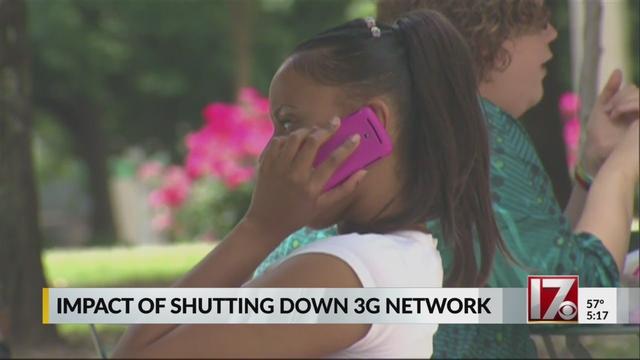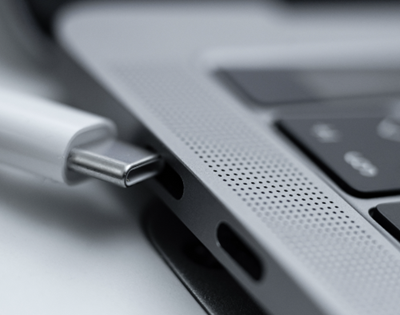AT&T to phase out 3G next week, here’s how to get ready
RALEIGH, N.C. (WNCN) – By the end of this month, AT&T plans to shut down its 3G network. It means some of the devices you have at home may not work anymore.
The shutdown is an effort to make room for the new 5G network. Every major carrier will shut down 3G before the end of the year. Once the system shuts down, you won’t be able to dial 911 on those devices.
This impacts cellphones, security systems, even medical devices. Experts recommend you set aside time to inventory your home this week for any devices that use a wireless connection.
“Often it’s not the manufacturer or the device, but it’s the service provider that you pay on a monthly or quarterly or annual basis to do that monitoring. Ask them, ‘I have this device in my home, is this something that is going to be needing an upgrade now because of the 3G transition?’ those companies will know why you’re calling and they can upgrade you with something that is more future proof for you,” said Tom Kamber, executive director ofOlder Adults Technology Services from AARP.

Kamber said it’s a good idea to start checking your devices sooner rather than later.
“If you call your alarm company and say you need to make an appointment, they’re all going to be upgrading other people’s alarms and getting this in place. They’re also trying to get their hands on those chipsets are those technologies that are affected by the supply chain disruption,” Kamber said.
Shutdown timelines
The Federal Trade Commission said you may still be affected even if your carrier isn’t listed because some medical devices or small cellphone companies use AT&T, Verizon, or T-Mobile networks.
The change means people still using 3G will have to upgrade to newer devices, but others may just have to upgrade their software. If you’re unsure what the next step is for you, the best thing to do is contact your service provider for help.
While they don’t cover the cost of a new device, the FCC does offer programs to pay for the cost of your phone or internet services. The Lifeline program provides a discount on phone service for qualifying low-income consumers.
The Emergency Broadband Benefit Program provides a temporary discount of up to $50 per month for broadband service for eligible households during the COVID-19 pandemic.








